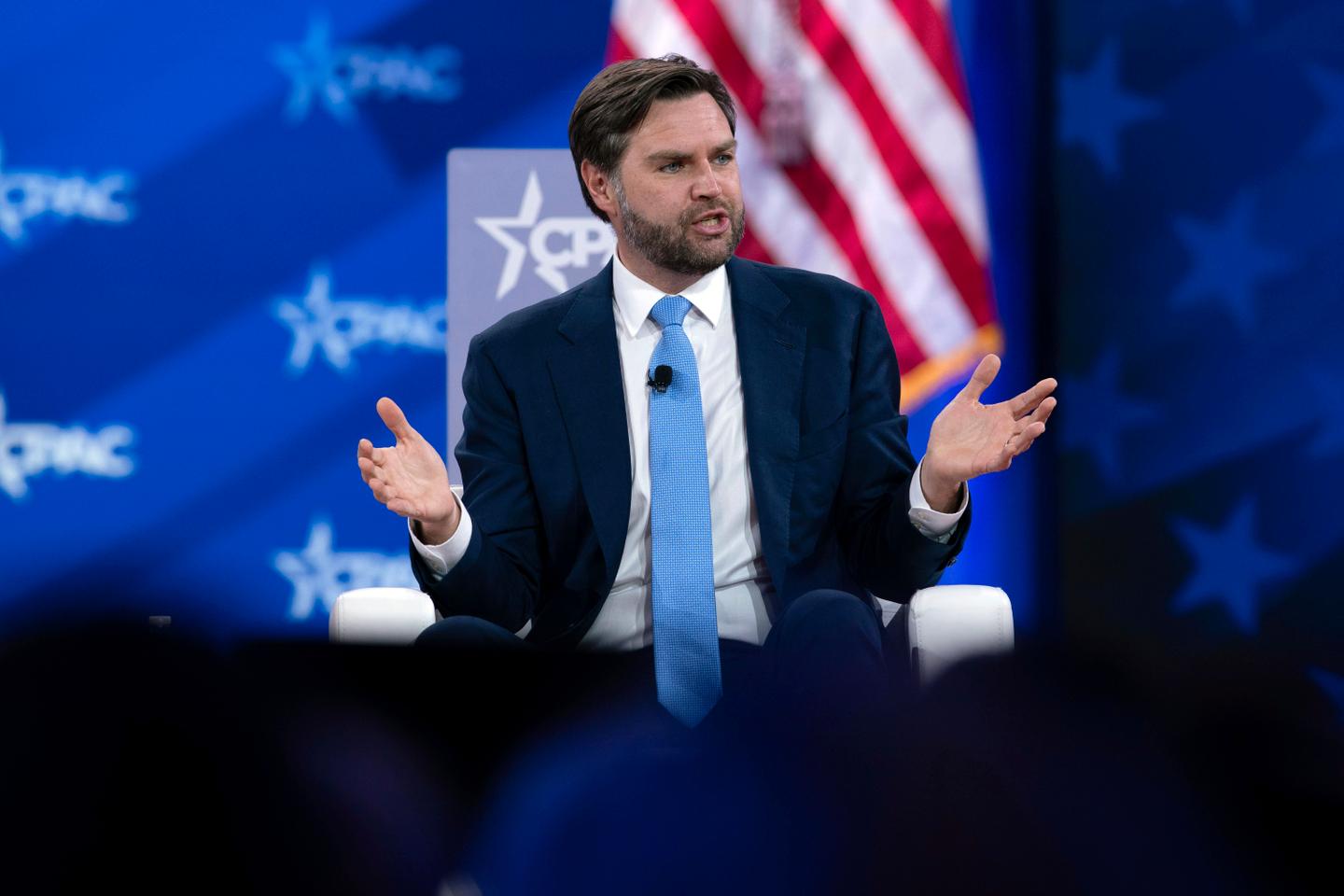


The outrage and surprise expressed by Europeans after US Vice President JD Vance's February 14 speech at the Munich Security Conference is problematic. The messages sent out by Donald Trump and his administration since his election in November have left no doubt about the radical developments to come. Yet, European leadership seems to have expected a replay of the first Trump presidency, made up of provocations and excesses of language, but with limited repercussions. Since then, improvisation has turned into a political project. The provocative populism of the former businessman and reality television star turned politician (à la Berlusconi) has given way to a consolidated, theorized and ready-to-deploy illiberalism. This illiberalism not only criticizes liberal and progressive values but also advances a real political project, based on a solid and coherent ideological foundation, of which Vance is the most articulate champion.
It can be summed up as follows: The sovereignty of the nation-state is paramount and cannot be limited by supranational laws or institutions; society cannot function without moral authority, and this authority can lead to forms of authoritarianism against democratic institutions if these are deemed dysfunctional or "captured" by "woke" elites; laws must be made for the majority, not for minorities; societies must be culturally homogeneous; foreigners can integrate by accepting assimilation, but not by demanding multiculturalism; individuals are not blank cards in terms of identity, but are steeped in history and geography, identity markers that must be protected and valued; cultural norms on family, sex and gender cannot evolve rapidly.
On the international stage, Vance has also advanced a vision for a new illiberal order marked by the return of power. The world's powerful are competing and negotiating over the future of the planet, while the less powerful are adapting to the limited room for maneuver they have been given. Negotiations disregard moral values and international law, which is seen as ideologically biased in favor of progressive liberalism and contrary to national interests. Relations between countries are transactional and ad hoc: dialogue on one subject, confrontation on another. Ideological affinities may exist between leaders, but they in no way guarantee strategic alignment between countries. Accelerationism – in other words, the idea that speed is needed to shake up the status quo – allows us to catch our competitors off guard.
You have 55.51% of this article left to read. The rest is for subscribers only.
